 Execrabilis ista turba, quae non novit legem^] for the winning and persuading of them, there grew of necessity in chief price and request eloquence and variety of discourse, as the fittest and forciblest access into the capacity of the vulgar sort. Execrabilis ista turba, quae non novit legem^] for the winning and persuading of them, there grew of necessity in chief price and request eloquence and variety of discourse, as the fittest and forciblest access into the capacity of the vulgar sort.  The Works of Francis Bacon - Page 27by Francis Bacon (visct. St. Albans.) - 1819Full view The Works of Francis Bacon - Page 27by Francis Bacon (visct. St. Albans.) - 1819Full view - About this book
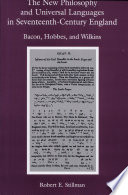 | Robert E. Stillman - Biography & Autobiography - 1995 - 372 pages
...kind of writing" (3.283). The cultural consequences of that turn of interest were disastrous: [Tjhere grew of necessity in chief price and request eloquence...languages, and the efficacy of preaching, did bring in an affectionate study of eloquence and copie of speech. (3.283) The affectionate study of eloquence is... | |
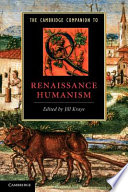 | Jill Kraye - History - 1996 - 350 pages
...variety of discourse' which, he tells us, had been cultivated as the fittest and forciblest access in to the capacity of the vulgar sort. So that these four...languages, and the efficacy of preaching, did bring in an affectionate study of eloquence and copie of speech, which then began to flourish. This grew speedily... | |
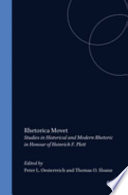 | Heinrich Franz Plett, Peter Lothar Oesterreich, Thomas O. Sloane - Literary Criticism - 1999 - 566 pages
...wurde das Schreiben in "vernacular" bevorzugt. For the winning and persuading of them [the people, JK], there grew of necessity in chief price and request...forciblest access into the capacity of the vulgar sort.55 Mit dieser Zielrichtung war die neuerliche und schon erwähnte Hochschätzung von Cicero und... | |
 | Francis Bacon, Rose-Mary Sargent - Philosophy - 1999 - 340 pages
...the people (of whom the Pharisees were wont to say "the wretched mob that has not known the law"), for the winning and persuading of them, there grew of necessity in chief value and request eloquence and variety of discourse, as the fittest and most forceful access into... | |
 | Wayne A. Rebhorn - European literature - 2000 - 340 pages
...the people (of whom the Pharisees were wont to say, "Execrabilis ista turba, quae non novit legem")34 for the winning and persuading of them, there grew of necessity in chief price35 and request eloquence and variety of discourse, as the fittest and forciblest access into the... | |
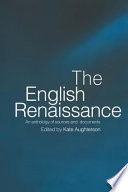 | Kate Aughterson - History - 2002 - 628 pages
...call it lawfuhtess of the phrase or word. And again, hecause the lahour then was with the people . . . for the winning and persuading of them there grew...request eloquence and variety of discourse, as the liuest and forcihlest access into the capacity of the vulgar sort: so that these four causes concurring,... | |
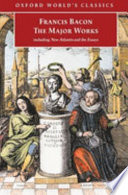 | Francis Bacon - English essays - 2002 - 868 pages
...the people (of whom the Pharisees0 were wont to say, 'Execrabilis ista turba, quae non novit legem),0 for the winning and persuading of them, there grew of necessity in chief price0 and request eloquence and variety of discourse, as the fittest and forciblest access into the... | |
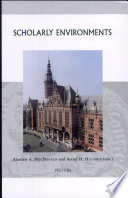 | Alasdair A. MacDonald, A. H. Huussen - Art - 2004 - 246 pages
...of writing ...'.19 The humanist emphasis on eloquentia and persuasio is explained by four aspects: 'the admiration of ancient authors, the hate of the...study of languages, and the efficacy of preaching ... This grew speedily to an excess; for men began to hunt more after words than matter ...'.20 In... | |
 | Francis Bacon - 1844 - 586 pages
...people, (of whom the Pharisees were wont to say, " Execrabilis ista turba, qu«e non novit legem,") where there is an equality the consultations are more...more cheerful. A great and potent nobility addeth affectionate study of eloquence and " copia" of speech, which then began to flourish. This grew speedily... | |
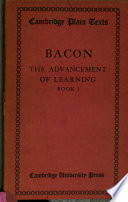 | Francis Bacon - Logic - 1920 - 96 pages
...with the people (of whom the Pharisees were wont to say, Execrabilis ista turba, qua non novit legem), for the winning and persuading of them, there grew...languages, and the efficacy of preaching, did bring in an affectionate study of eloquence and copie of speech, which then began to flourish. This grew speedily... | |
| |